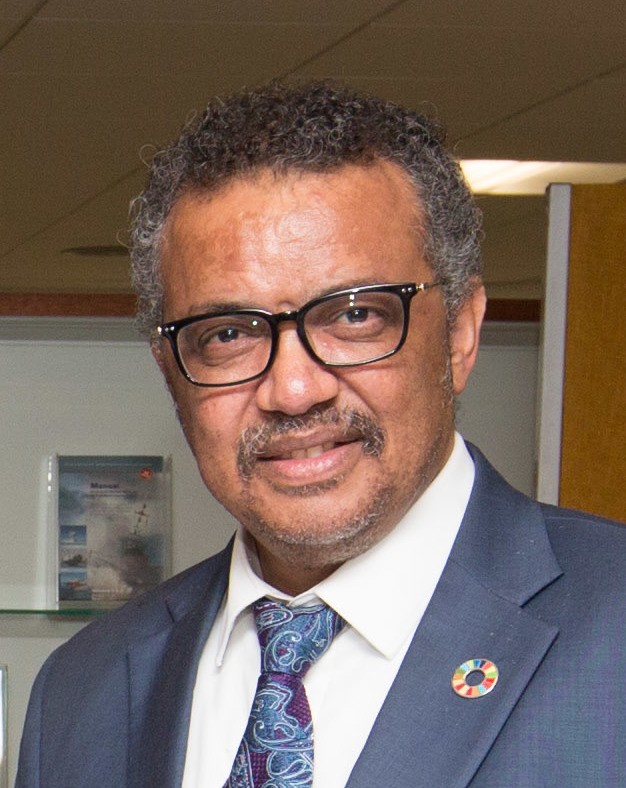By Bern Kerrigan-
The head of the World Health Organisation (WHO) has today expressed hope that the coronavirus pandemic will be over in under two years.
Providing no real solid reason, why he believes the flu could last that long, he made reference to the Spanish Flu in 1918 which swept the world and killed 50 million people. The Spanish Flu was a lot worse that Covid-19 and occurred in a period of history when technology and medical expertise was far less inferior to that which is available today.
Speaking in Geneva on Friday, mr Ghebreyesus made comparisons of Covid- 19 with the Spanish Flu was based on the fact the deadly flu of 1918 took two years to overcome.
“Of course with more connectiveness, the virus has a better chance of spreading,” he said.
“But at the same time, we have also the technology to stop it, and the knowledge to stop it,” he noted, stressing the importance of “national unity, global solidarity”.
Corruption
Covid-19 has been ravaged with corruption in relation to the supply of PPE when there was a shortage in the Uk. That corruption led to many deaths that could potentially have been avoided.
Dr Tedros described the corruption relating to personal protective equipment (PPE) during the pandemic, which he described as “criminal”.
“Any type of corruption is unacceptable,” he answered.
“However, corruption related to PPE… for me it’s actually murder. Because if health workers work without PPE, we’re risking their lives. And that also risks the lives of the people they serve.”
Under Recognised
His warning came as the head of the WHO’s health emergencies programme emphasised that the scale of the coronavirus outbreak in Mexico was “clearly under-recognised”.
John Hopkins University has placed Mexico as having the third highest number of deaths in the world, with almost 60,000 fatalities recorded since the pandemic began, according to Johns Hopkins University.
On top of that, over 1,000 new deaths were announced in the U.S on Friday, bringing the total number of fatalities to 173,490.
However, the WHO president added that current advances in technology could enable the world to halt the virus “in a shorter time”.
“Of course with more connectiveness, the virus has a better chance of spreading,” he said.
“But at the same time, we have also the technology to stop it, and the knowledge to stop it,” he noted, stressing the importance of “national unity, global solidarity”.
Making forecasts about how long the coronavirus will last based on a far more serious pandemic which occurred over a century ago is unnecessary at this stage when the world is still dealing with the inconvenience, disruption, and heartache that has come from the pandemic so far.




